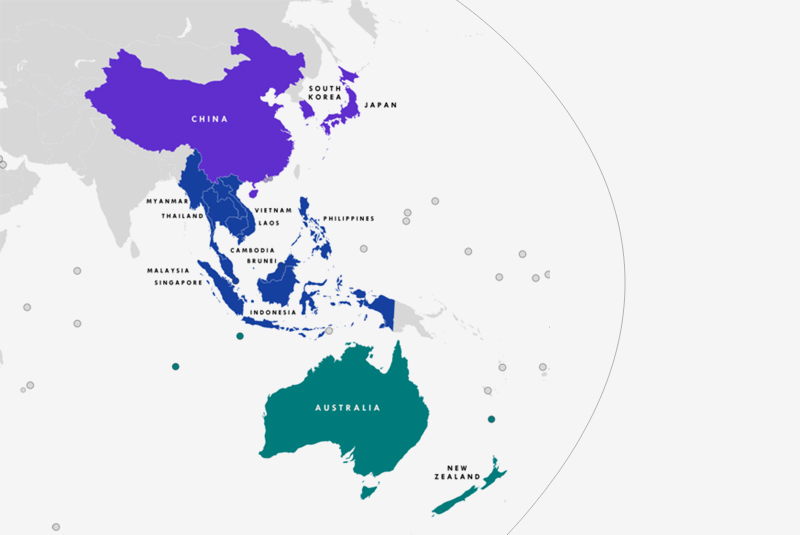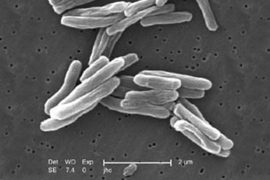It has now been a year since the COVID 19 virus first appeared on the scene —and almost eight months since the world has been grappling with lockdowns and lockouts to manage the virus. The pandemic, in some ways, has shrunk the world through zoom calls and online gatherings. However, it has also enhanced physical distances by limiting movement and travel.
It has been a time where we have become closer to our local communities and rely on it for all our needs – including healthcare. Our immediate neighbours are the ones we have worked with to survive the pandemic. On a larger level, this has been true for villages, districts and cities, with districts depending on neighbouring districts for help.
In the same way, this will apply to countries as geographical closeness will allow us to trade and exchange goods and services thus helping us fight the pandemic and its consequences together. In the current scenario, there are two major issues which we need to address as a community of nations – fighting the pandemic and managing the economy post the pandemic. For both these concerns, joining the Regional Comprehensive Economic Partnership (RCEP) could be a solution.
Apart from China, the members of the RCEP include all the ten Association of SouthEast Asian Nations (ASEAN) nations plus five of their neighbours, which include Australia, New Zealand, Japan and South Korea. ASEAN countries are geographically and culturally close to India and thus could be thought of as a community for India as a nation.
-30-
Copyright©Madras Courier, All Rights Reserved. You may share using our article tools. Please don't cut articles from madrascourier.com and redistribute by email, post to the web, mobile phone or social media.Please send in your feed back and comments to [email protected]











